Europe
From the fall of Napoleon to Revolution in Russia and from the rise of Hitler to the fall of the Berlin Wall this period is one of major upheaval in Europe. We see the collapse of monarchies and empires and the changing status of women and working men. This is a time that witnesses the mass displacement of peoples and genocide on a scale never seen before it is also a time that sees changes in medicine and technology that make fundamental changes to our everyday lives. Read more
Sort by:
Date (Newest first) | Title A-Z
Show:
All |
Articles |
Podcasts |
Multipage Articles
-
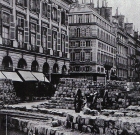
The Paris Commune of 1871
ArticleClick to view -

The Resistable Rise of Napoleon Bonaparte
ArticleClick to view -

The Road to Dunkirk
ArticleClick to view -

The Romanov Tercentenary: nostalgia versus history on the eve of the Great War
ArticleClick to view -
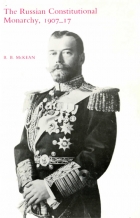
The Russian Constitutional Monarchy, 1907-17
ArticleClick to view -

The Russian Revolution 100 years on: a view from below
ArticleClick to view -
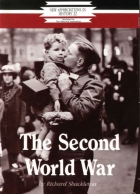
The Second World War
ArticleClick to view -
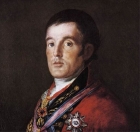
The Undergrowth of History
ArticleClick to view -

The United Nations Convention on the Prevention and Punishment of the Crime of Genocide
ArticleClick to view -

The Uses of History in the Twenty First Century
ArticleClick to view -
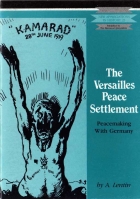
The Versailles Peace Settlement
ArticleClick to view -

The changing shapes of Europe’s twentieth century
ArticleClick to view -
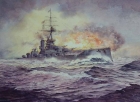
The initial impact of the Battle of Jutland on the people of Portsmouth
ArticleClick to view -

The peace treaties of 1919
ArticleClick to view -

The rise and fall of Nauru
ArticleClick to view -
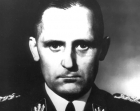
The spy who never spied
ArticleClick to view -
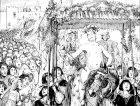
The throne and the fairy tellers
ArticleClick to view -
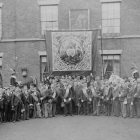
The world in 1913: friendly societies
ArticleClick to view -

To what extent was the failure of denazification in Germany 1945-48 a result of the apathy of the allies?
ArticleClick to view -

Tyne Cot Cemetery, near Ypres, Belgium
ArticleClick to view

